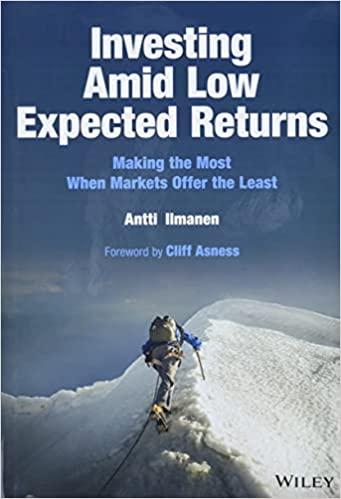Question
. Breckitt & Co. provides water treatment supplies to cities and counties. The R&D department has developed two potential new products: one is a new
. Breckitt & Co. provides water treatment supplies to cities and counties. The R&D department has developed two potential new products: one is a new organic chemical compound that will bind with heavy metals and then be filtered out of the water, and the other is a plant-based filter that will actually filter out the metals. The products are similar enough to be produced on existing equipment, but the company would not be able to produce both of them.
Breckitt projects the following revenue and cost information for each of the products:
Compound:
Sales Price: $2,450/container
Total sales in Year 1: 15,000 containers
Direct materials: $230/container
Direct Labor: $15/hour, each container requires 12 hours of direct labor
Fixed overhead allocation: $60/machine hour (each container requires 20 machine hours)
Variable overhead allocation: $60/direct labor hour
Filter:
Sales Price: $1,600/filter
Total sales in Year 1: 25,000 filters
Direct materials: $150/filter
Direct Labor: $15/hour, each filter requires 25 hours of direct labor
Fixed overhead allocation: $60/machine hour (each filter only requires 2 machine hours)
Variable overhead allocation: $50/direct labor hour
Which product would be most profitable for Breckitt to produce?
Step by Step Solution
There are 3 Steps involved in it
Step: 1

Get Instant Access to Expert-Tailored Solutions
See step-by-step solutions with expert insights and AI powered tools for academic success
Step: 2

Step: 3

Ace Your Homework with AI
Get the answers you need in no time with our AI-driven, step-by-step assistance
Get Started


